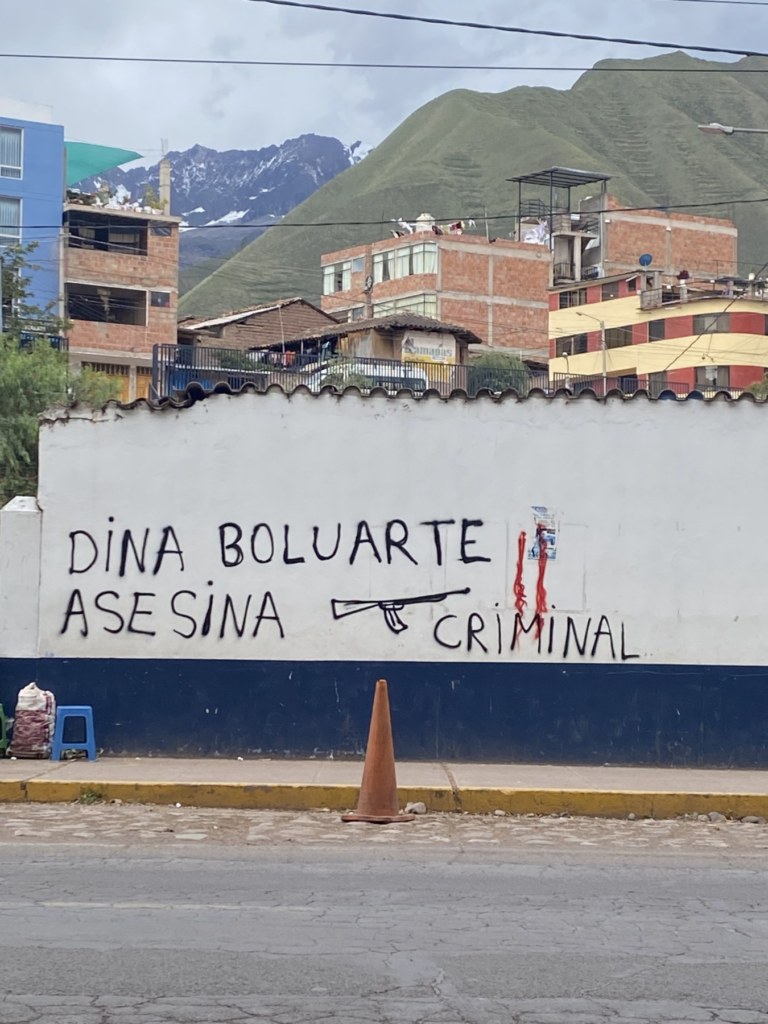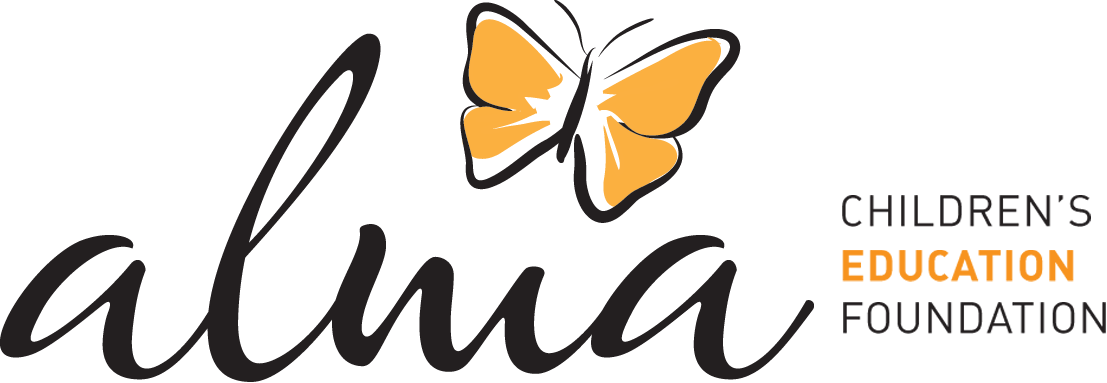
I remember, years ago, sitting in a small room in Sucre, Bolivia with the heads of the Education Comittee of the Quechua Nation. Bolivia’s constitution considers the country a nation of nations, with each indigenous nation having a certain level of autonomy. Whether this structure is true in practice is a separate debate. The point is, the notion of an autonomous Quechua nation exists in Bolivia.
After visiting some communities and discussing the similarities in the Quechua spoken in Potosi with the Cusco dialect, as opposed to regions like Ayacucho where, though in Peru, the language is quite different, the representatives asked me about the Peruvian Quechua identity. Do they see themselves as a unified, indigenous nation?
The protests currently mobilizing parts of Peru are, among many things, rising to answer that question.
There are many perspectives and opinions of varying veracity on what is happening in Peru, why, and what impacts to expect. But one thing of beauty that is reawakening here in the Andes is a pride in being Quechua or Aymara. I would often hear in small Andean communities, said with a smile, “we are the Incas.” Therefore, this isn’t a completely new feeling, but the sense that we are this land, we are this country, we are Peru and we are Quechua/Aymara is uplifting to see in a time of such turmoil.
I hope, despite differences in opinions, backgrounds, or politics, the message that the indigenous people of Peru are here and want to be heard can break through and be honored.
Ian McGroarty
Executive Director
Alma Children’s Education Foundation
